Search Results for: Build back better

Children’s Hospitals Again Cry For Help From Voters, But Are They Really Hurting?
Children’s hospitals also rely heavily on Medi-Cal, the state’s insurance program for low-income people, Kuhns said. Medi-Cal pays hospitals less than private insurance.
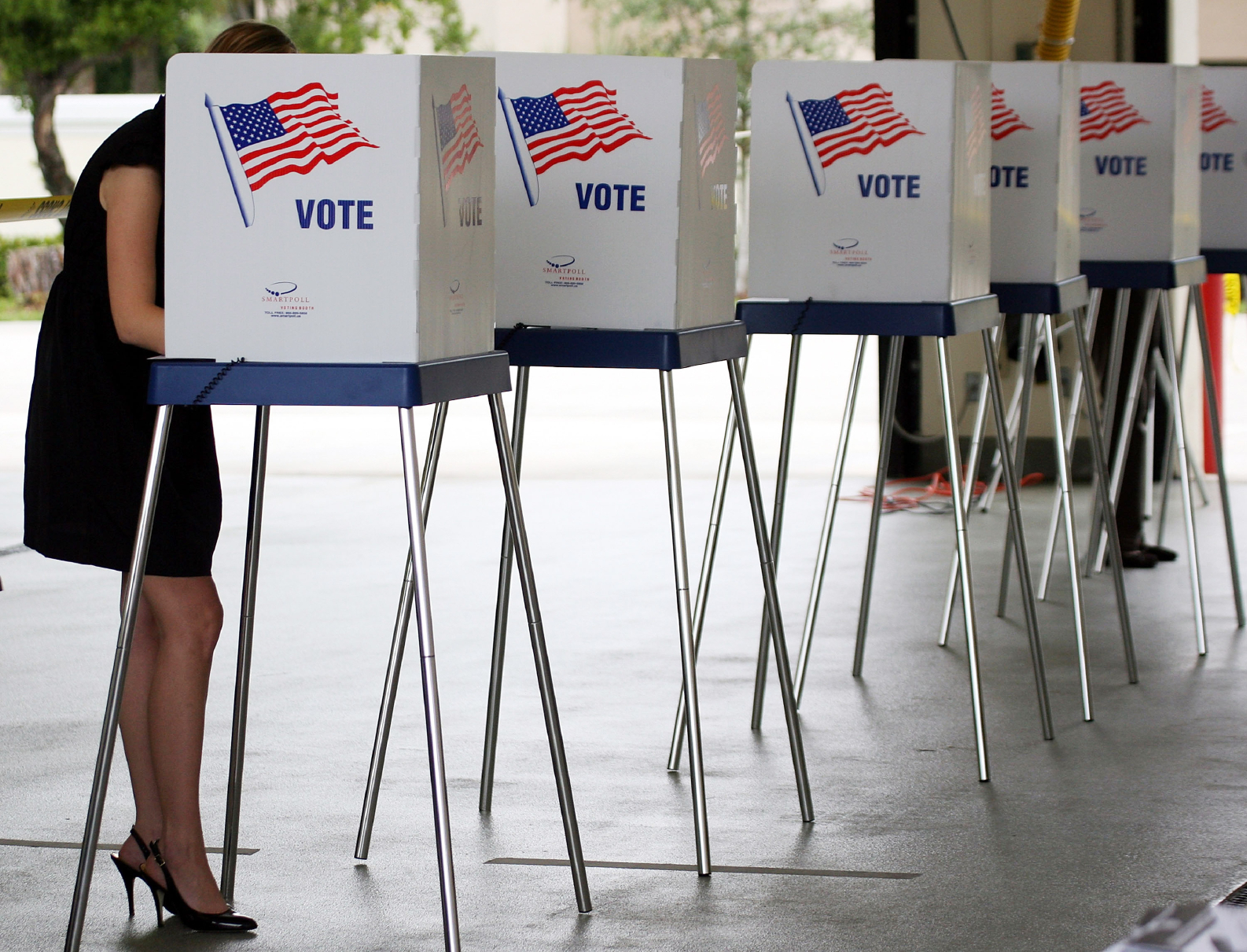
Gubernatorial Hopefuls Look To Health Care For Election Edge
Health care is a significant, and often divisive, issue in the race. Here’s a look at where the top six candidates — two Republicans and four Democrats — stand.
Conquering Translations While Renaming Columbus Day
Radio Bilingüe doesn’t treat them like second-class citizens who don’t deserve high-quality standards in information, vocabulary and fluency, only because they speak Spanish.

Calif. Officials Sound Alarm, Envisioning $114B Hit To Medi-Cal Under U.S. Senate Bill
Soon after Bascom became eligible for Medi-Cal in 2014, he was diagnosed with kidney cancer. Now cancer-free, Bascom said he often thinks about what would have happened if he hadn’t been able to get health care.
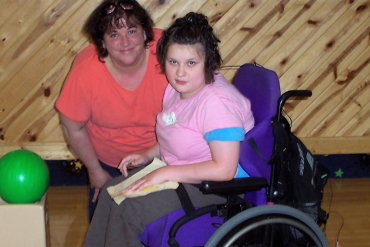
Severe Shortage Of Home Health Workers Robs Thousands Of Proper Care
The emerging crisis is driven by low wages — around $10 an hour, mostly funded by state Medicaid programs — and a shrinking pool of workers willing to perform this physically and emotionally demanding work: helping people get in and out of bed, go to the bathroom, shower, eat, participate in activities, and often dealing with challenging behaviors.
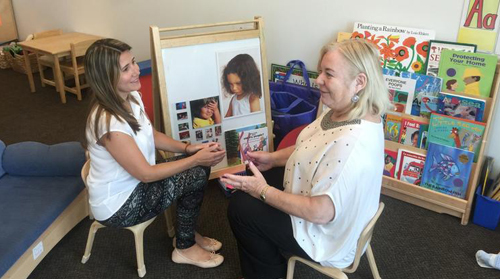
In a County With More Babies Than Any Other, Childcare Comes at a Cost – And Not Just for Parents
These low wages, the demanding nature of the work, and the lack of a “career ladder to build upon” lead to high rates of turnover among care providers, especially those who work in home-based settings
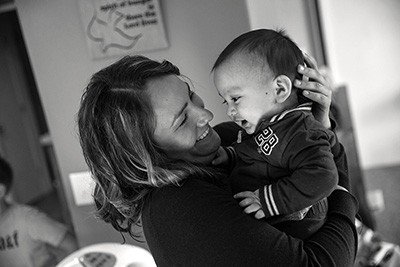
Child Care’s Broken Promise: Parents Want Solutions
Without stable child care, other challenges – a deteriorating relationship, health problems and rising rent – became that much harder to manage. Within two years, Gonzalez was unemployed and she and her two daughters were homeless.
Angelica Gonzalez, seen in November 2015, lives with her children on the Olympic Peninsula in Washington state.
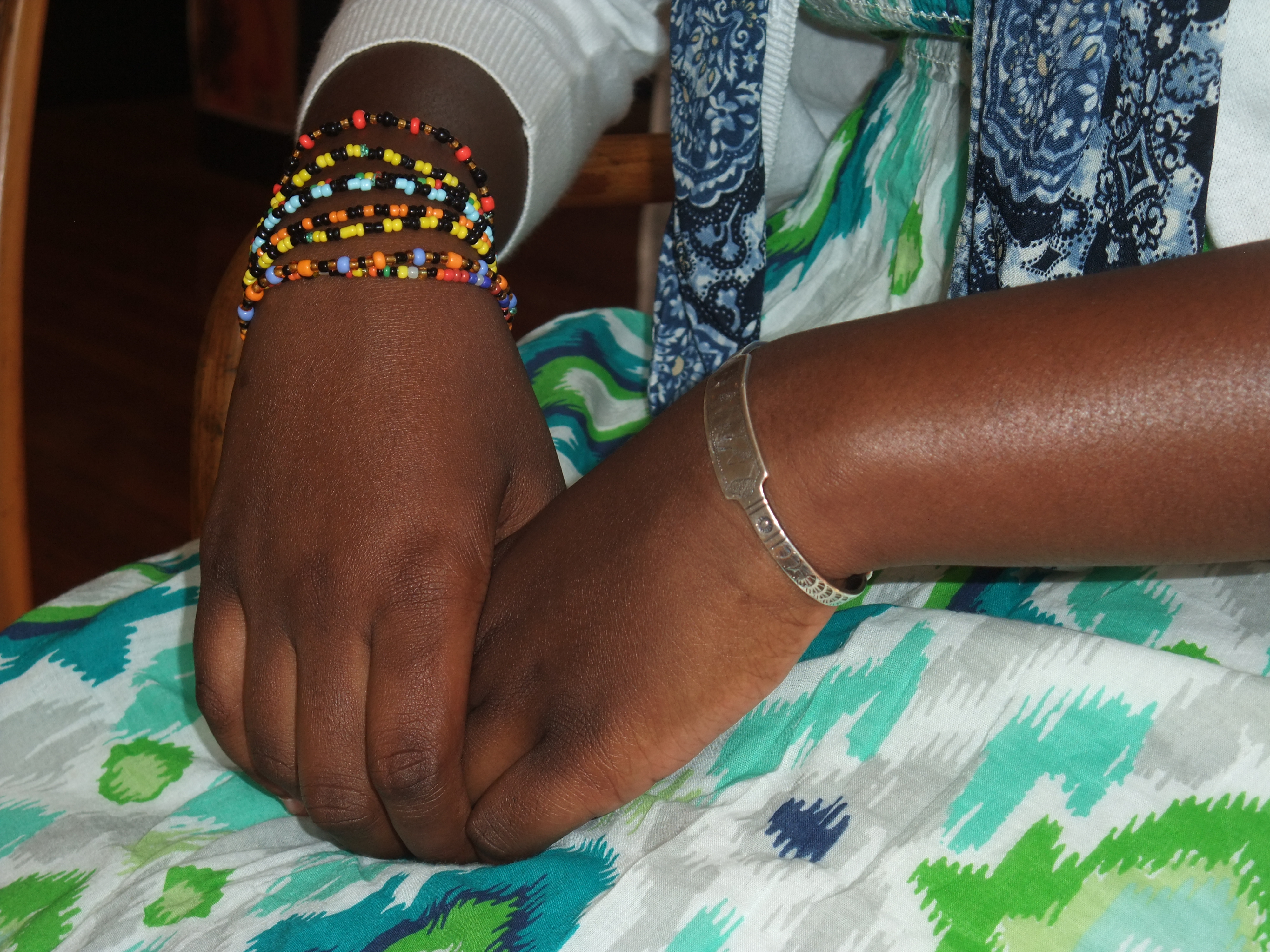
Living in the Shadows: Children Who Witness Parent’s Immigration Arrest May Suffer Lifetime Health Consequences
Every day more than 1,000 immigrants on average are deported from the United States, and many of them are parents who were arrested and handcuffed in front of their children, before they were taken to a detention center to wait for their deportation. Over time, this means that hundreds of thousands of children are at risk of high level of trauma exposure.
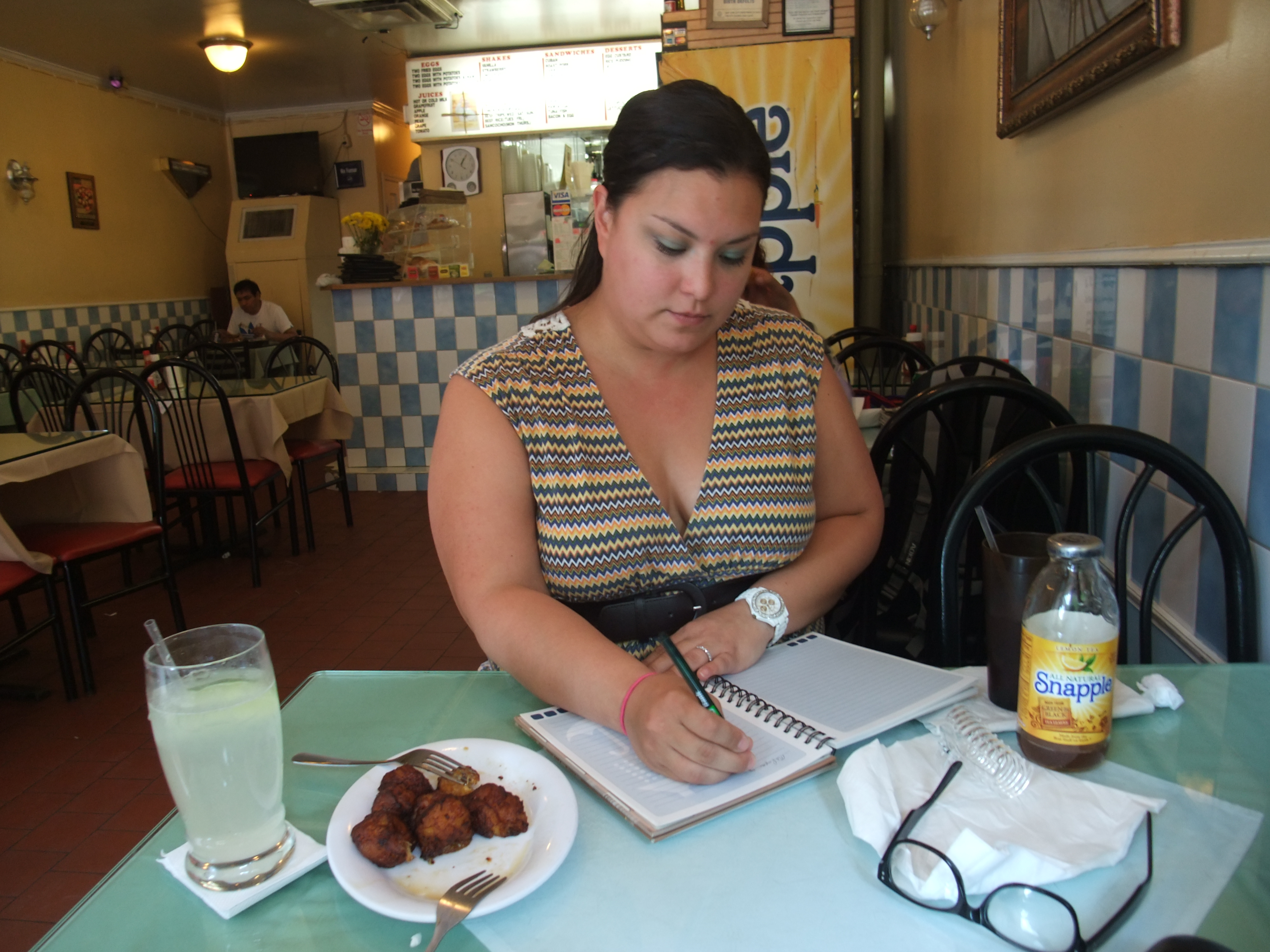
Living in the Shadows: After parents’ deportation, U.S. children face mental struggles
Every month, between 6,000 and 7,000 people are deported who have families in the United States. Researchers who have examined the mental health problems connected to forced family separations find a daunting web of factors at play, including economic conditions, family relationships, trauma, and childhood upbringing. The consequences of separating parents from children can include causing or exacerbating mental health problems such as depressive or anxiety disorders.
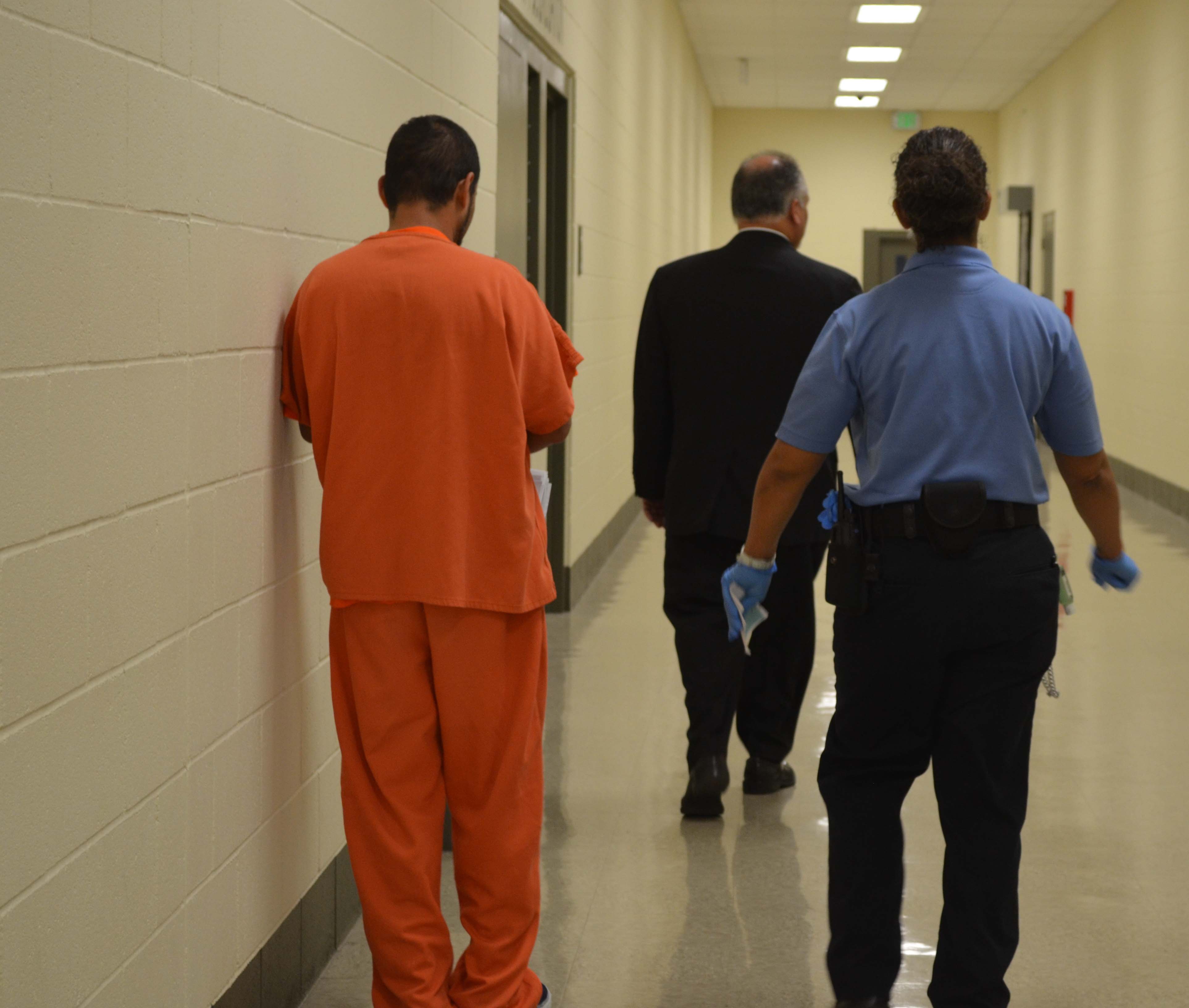
Living in the Shadows: Detention center deaths raise immigrant rights questions
A death in a detention center north of Los Angeles in 2012 is one of more than 130 other deaths since 2003 in the 250 detention centers for immigrants. The causes of death range from asphyxia to cardiopulmonary arrest and drowning. More than 400,000 people pass through the national network of detention centers every year, and the industry is on the rise.













